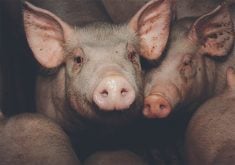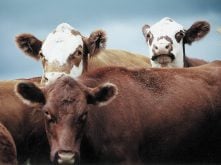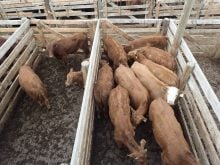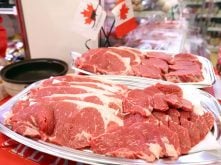After two years of record prices offered on fall feeder calves, many producers are optimistic.
But British Columbia rancher Faye Street is frustrated.
“The reality is, these prices are not fantastic. The prices are where they should have been 20 years ago,” she said.
When penciling in the cost of production along with land payments, taxes and feed, current prices are barely enough to meet overdue bills.
Street sold her calves Aug. 29 due to severe drought in southeastern B.C.
“If there had been bad prices on top of the drought, it would have been a disaster,” she said.
Read Also
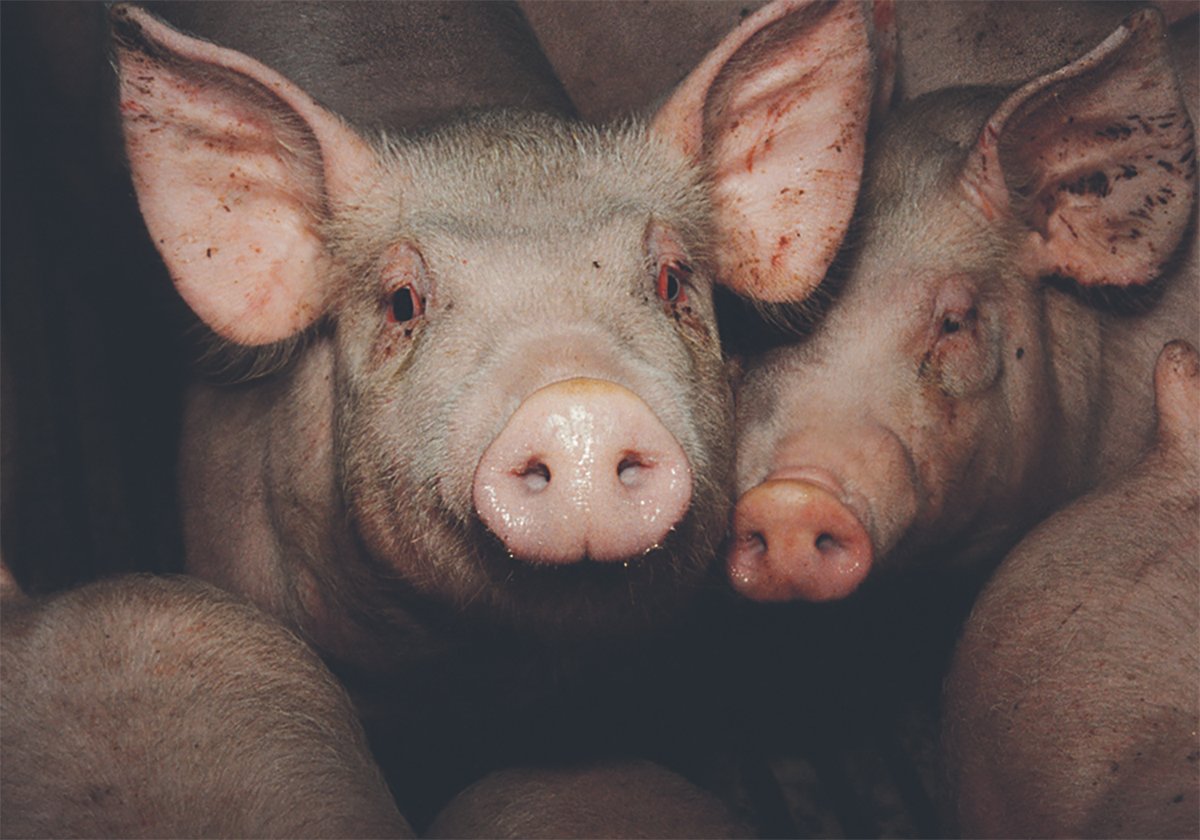
The Western Producer Livestock Report – October 30, 2025
Western Producer Livestock Report for October 30, 2025. See U.S. & Canadian hog prices, Canadian bison & lamb market data and sales insights.
Herb Locke, of Farm Sense Marketing in Edmonton, said the reality is that commodity prices have been trending down for many years. At this point in the cattle cycle, prices are enticing and should continue for a couple more years.
“This is the most profitable calf they are ever going to raise,” he said.
The cattle cycle is at a point where demand is outstripping supply. Several years of major liquidation across North America shortened the feeder calf supply. Combined with a smaller pool of cattle and cheap feed grain, higher bids are drawing out the sellers. For some, bad weather forced a decision to sell sooner rather than later.
The southern Alberta feeder run has reached the halfway mark sooner than in other years when fall calves were often held back until October.
Pasture and water shortages have brought in lighter, greener calves than usual.
They may have less flesh, but generally their condition is good, said Allan Lively of Pincher Creek and Highwood Auctions. Hair coats are good and early weaning did not appear to affect the smaller calves.
Prices for 400-pound calves last week were between $1.70 to $1.90 per pound while the heavier weights at 500 lb. went for $1.55 to $1.65.
Lively nixed the idea that more cows will be sold off this fall to alleviate grass and water shortages.
“It will take another real dry year before we see a big selloff of cows,” he said.
Highwood Auction at High River moves a lot of bred cows in the fall and he expects prices will be the same as last year – from a low of $1,000 to better females fetching $1,300 to $1,500.
British Columbia is just starting to sell a good selection of calves. Yearlings are particularly strong at $1.20 a lb. or about $1,100 a head.
“The only thing that is generating early stuff is the high prices,” said Tom Vicars of the B.C. Livestock Producers Co-op in Kamloops.
Most calves are destined for Alberta feedlots, which are scrambling to fill pen space.
Fall sales at Winnipeg Livestock Sales are seeing a full run of feeders expected to continue strong through November. Small calves at 300 lb. are fetching bids of $2.35 a lb. while the yearlings are more than $1 less at $1.12.
Weather was not as great a factor for Manitoba, said auction market spokesperson Cathy Doll.
Pasture conditions are excellent and warm days are keeping many cattle at home.
“There are still lots of cattle out there because of the weather,” she said.
The Canadian Satellite Auction sale on Sept. 22 sold more than 12,700 steers and heifers, with prices falling well within the averages paid for feeder cattle across Western Canada. Steers in the 500-600 lb. range settled in at around $1.45 per lb.
About 2,500 head were American cattle scheduled for delivery to Canada for mid to late October.



